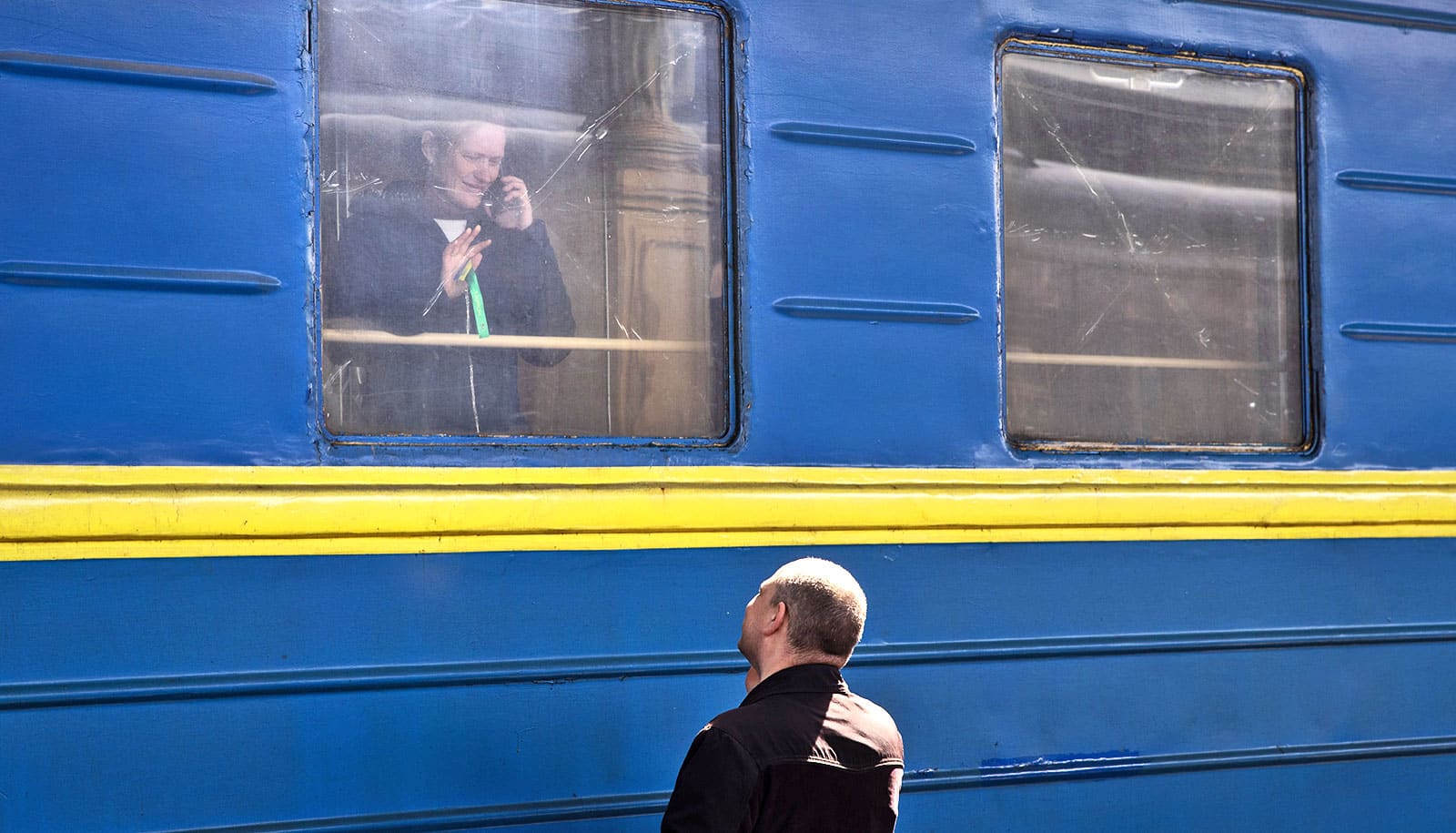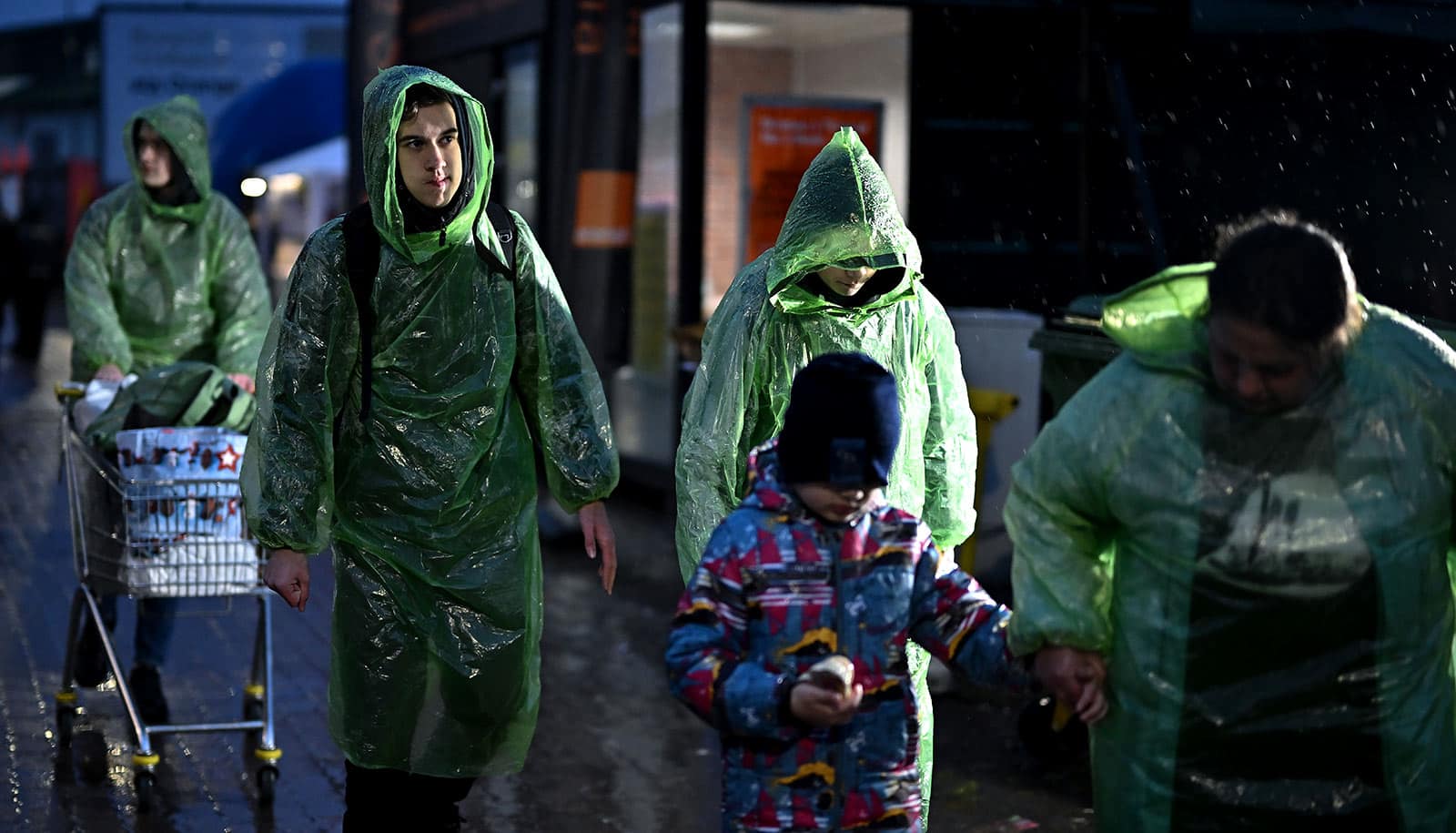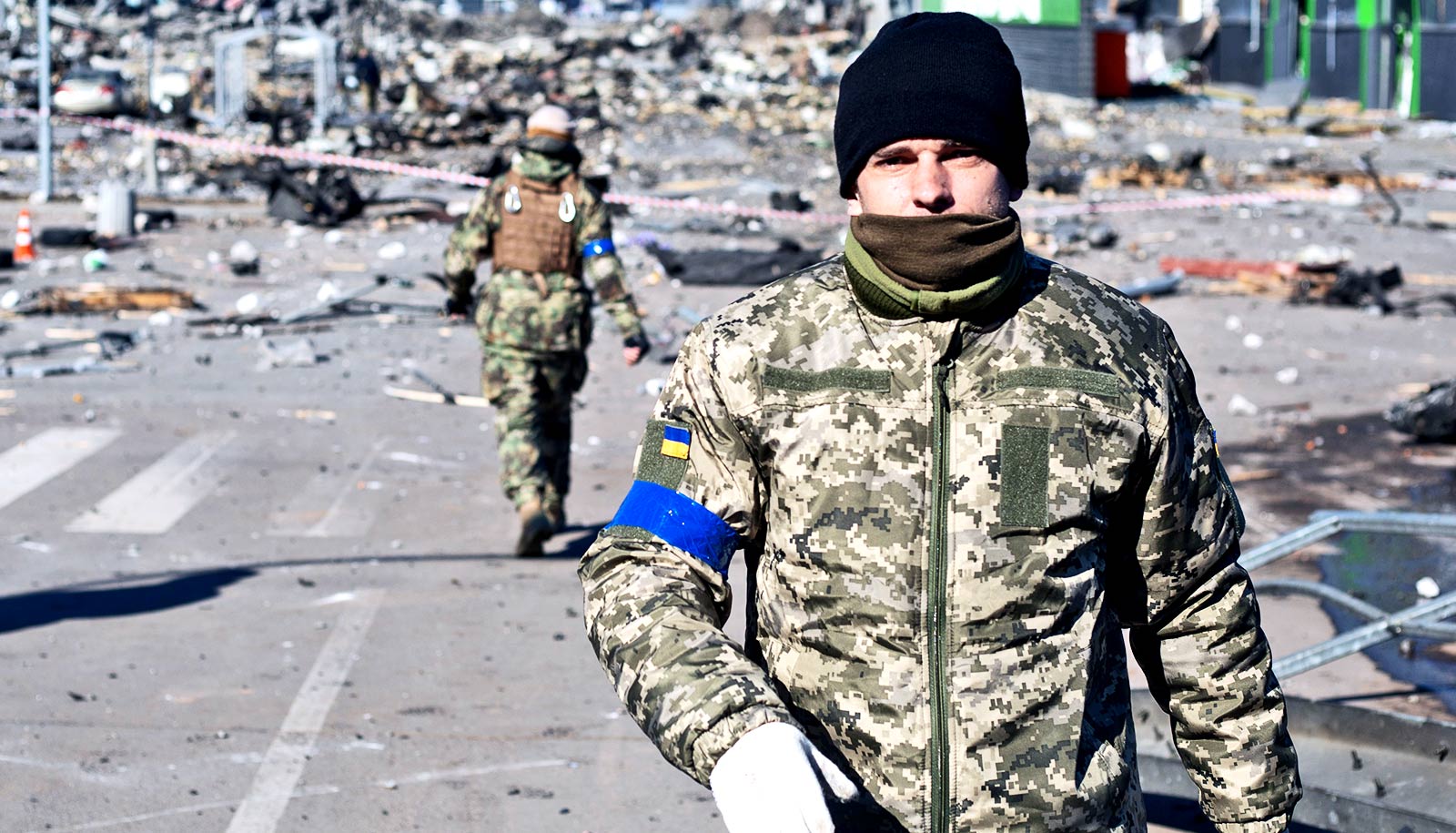Vladimir Putin “made a tragic mistake,” by embarking on war with Ukraine, says Randall Stone.
At the same time, Stone, a political science professor and the chair of the political science department at the University of Rochester, stresses that the West must be careful to avoid escalation; in particular, NATO must not send air forces into Ukraine.
“It appears credible that Putin would be willing to escalate,” says Stone, an expert on Russian and Eastern European politics who serves as the director of the University of Rochester’s Skalny Center for Polish and Central European Studies. “Why? Because he was willing to take the risk of the invasion in the first place. He has chosen to put himself in a position where if we intervened, he loses, and probably loses everything, not just Ukraine, but his regime, maybe his life.”
Here, Stone explains the direction of the war in Ukraine, including the likelihood of Russia’s using biological, chemical, or nuclear weapons:
Putin is shifting his military focus to eastern Ukraine. Why?
Putin is looking for something that he can sell as a success as the war in Ukraine is not going the way he expected.
Most observers agree that in order to end the conflict, Putin has to gain something that he can sell as a success at home. He no longer thinks Russia is going to take Kyiv, or any other major cities in Ukraine, but that he might be able to cut off a large portion of the Ukrainian army, which is currently arrayed in the East against the Donbas area.
This could be a tactical victory that would allow him to enforce a territorial settlement, which would expand the breakaway regions of Donetsk and Luhansk—which Putin declared “independent” a few weeks ago—to include the entire administrative areas of Donbas and Luhansk. Perhaps that’s something that he could sell as a victory at home.
While Ukraine’s President Volodymyr Zelensky has signaled willingness to compromise on NATO membership and possibly agree to Ukraine’s neutrality in return for a form of multilateral security guarantee, Zelensky has stood firm against demands to give up Ukrainian territory.
I really think a decisive victory for Russia seems impossible at this point. Conversely, the eventual collapse of the Russian military seems possible amid signs of real structural weakness in the Russian army. And let’s not forget popular unrest in Russia, which could become another solution to the crisis.
What are Putin’s biggest mistakes in this crisis?
“What was supposed to be a relatively easy military operation for Russia has turned into a quagmire, which could lead to popular unrest that directly threatens Putin’s regime.”
Until February 24 Putin seemed highly unlikely to be dislodged from power any time soon. He had solid control over all the ministries in Moscow, which were run by his former KGB cronies, and there was no strong opposition to his rule. Most Russians receive their news from Russian television, which has been under strict state control for years. In short, he was very politically secure, but this could all now change with a defeat in Ukraine.
Already there are signs that many thousands of Russian troops have been killed and wounded in Ukraine. Credible estimates suggest that as many as 15,000 Russian soldiers may have died.
All this adds up to a very different kind of war from what Putin anticipated when he invaded on February 24. What was supposed to be a relatively easy military operation for Russia has turned into a quagmire, which could lead to popular unrest that directly threatens Putin’s regime.
How should the West respond?
America must avoid escalating the situation in order to avoid a nuclear war.
It is crucial for American foreign policy not to escalate the situation in a way that puts the United States and Russia in direct conflict, which would be extremely dangerous. We are dealing with a dictator who has his back up against the wall and who is going to be looking for any way out at this point. Turning this into a war with the West would be a way for Putin to shift the narrative away from the series of terrible mistakes that he has made. We must avoid giving him that opportunity and ensure that we don’t allow this war to become a nuclear exchange.
Proposals to establish a no-fly zone over Ukraine, which would involve US Air Force patrols in Ukrainian airspace, present a real danger of escalation that could lead to nuclear war. This is why the Biden administration has been careful to circumscribe US and NATO intervention in the conflict.
How likely is Russia to use biological or chemical weapons?
The use of biological and chemical weapons by Russia is unlikely.
Chemical and biological weapons are really not useful as military weapons; they’re effective means of terrorizing civilians. I think it’s highly unlikely that they would be deployed and, of course, the United States would not respond with chemical or biological weapons. In the past, the US has shown that it’s not willing to intervene to prevent the use of chemical weapons against civilians—as seen either in Iraq or in Syria.
What role does nuclear deterrence play here?
Nuclear weapons are important but we need to distinguish between the functions of immediate versus extended deterrence.
Nuclear weapons are important in this scenario because we’re in a situation of extended deterrence. International relations scholars distinguish between immediate deterrence and extended deterrence.
Immediate deterrence essentially means that I will use nuclear weapons against you if you use them against me. Throughout the Cold War, both sides assumed a posture of mutually assured destruction, which meant that one could be fairly certain that nuclear weapons would not be used because a nuclear exchange would have been disastrous for both sides.
Extended deterrence is a bit more problematic. Extended deterrence means that I will use nuclear weapons to defend my ally, or to defend some specific objective.
For example, Russia announced a strategy of extended nuclear deterrence to protect Cuba during the Cuban Missile Crisis, while the US threatened extended nuclear deterrence to defend Western Europe from a possible Soviet attack during the Cold War. The Soviet Union never really intended to attack Western Europe, but this was the centerpiece of US strategic doctrine for 45 years.
Under what circumstances might Putin use nuclear weapons?
If NATO partners were to send air forces into Ukraine, Putin might use nuclear weapons.
Putin is using the idea of extended deterrence to prevent the US from intervening in a conventional war in Ukraine, and he has indicated that if NATO intervenes by sending its air force into Ukraine, the response would be a nuclear one.
The NATO air force is so much more powerful than the Russian that NATO would quickly prevail and Russia would not have any chance of winning the war under those circumstances. This would be so disastrous for Putin that he likely would be willing to escalate to a nuclear war to prevent it. The response would probably take the form of nuclear attacks against NATO air bases in Poland and Romania, and perhaps in other European countries.
This is why sending NATO planes has been off the table for NATO, because it appears credible that Putin would be willing to escalate. Why? Because he was willing to take the risk of the invasion in the first place. He has chosen to put himself in a position where if we intervened, he loses, and probably loses everything, not just Ukraine, but his regime, maybe his life.
If Putin is willing to risk that much, it seems likely that he has already decided that he is willing to take the next logical step, which would be nuclear war. He probably calculates that such a war could be kept limited, but of course that is an experiment that no one wants to run.
Source: University of Rochester



